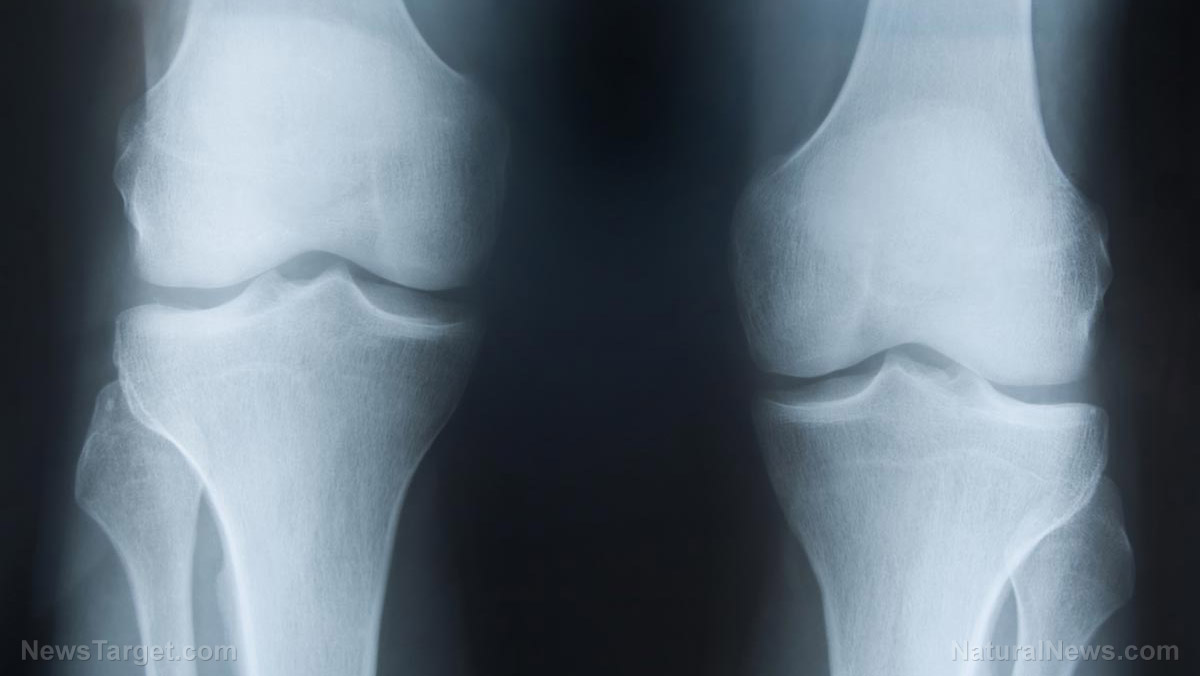Chronic inflammation, a factor in many age-related diseases, is caused by an imbalance in the gut
02/26/2019 / By Michelle Simmons

Evidence of how the composition of gut bacteria affects health continue to increase as a new study finds that gut imbalance causes chronic inflammation in older people, which can lead to many age-related diseases.
Researchers from the University Medical Center Groningen (UMCG) in the Netherlands wanted to determine the relationship between gut microbiota and the immune system. To do this, they conducted a study on young and old mice. They transferred the gut microbiota of older mice to the bodies of younger mice, and transplanted gut bacteria from the young mice to another group of even younger mice. Then, they observed immune responses in their spleen, lymph nodes, and tissues in the small intestine.
“Our gut is inhibited by a huge number of bacteria. Moreover, there are many different kinds of bacterial species, and the bacterial species that are present can vary a lot from person to person,” explained Floris Fransen from UMCG.
Past research have shown that older people have a different gut bacteria composition compared to younger people. Defined as low-grade chronic systemic inflammation (inflammaging), the condition is known to occur among the elderly because they have a weaker immune system compared to younger people.
Results showed that chronic inflammation developed in the younger mice, similarly to how it would typically develop when these mice got older. However, results revealed that the young mice that were transplanted with gut bacteria from younger mice did not develop inflammation. (Related: Healthy gut bacteria help prevent age-related diseases.)
Nevertheless, the reason why the gut bacteria composition differs among older people remains unclear. Antibiotics may affect the digestive system, yet Fransen explained that changes in the gut microbiota is not only caused by one factor, but a combination of factors such as decreased physical activity, dietary changes, and natural process. Furthermore, the researchers noted that more research on humans is needed to confirm these results. The researchers also said that leading a healthy lifestyle is essential to having a healthier gut composition.
“Strategies that alter the gut microbiota composition in the elderly could reduce inflammaging and promote healthy ageing,” Fransen suggested.
The study was published in the open-access journal Frontiers in Immunology and funded by Top Institute of Food and Nutrition.
Why chronic inflammation is alarming
Inflammation is defined as a natural response of the immune system to fight off toxins, infections, and injuries. The immune system brings inflammatory cells to fight substances that threaten the body or to heal the tissue. This process causes inflammation characterized by swelling, redness, and pain.
However, inflammation also causes many health conditions and diseases such as asthma, chronic peptic ulcer, tuberculosis, rheumatoid arthritis, chronic periodontitis, Crohn’s disease, and chronic sinusitis. When a body part is inflamed, it is either damaged and healing or damaged and deteriorating. Chronic inflammation or inflammation that occurs for a long period of time is not good. It can result from the failure to fight whatever was causing an acute inflammation and prolonged exposure to a low level of a particular irritant. Moreover, when this occurs, the immune system attacks normal healthy tissue, mistaking it for toxic pathogens.
Learn how to age gracefully using natural methods at Longevity.news.
Sources include:
Tagged Under: age-related diseases, chronic inflammation, Diseases, elders, gut bacteria, gut health, gut microbiome, longevity, older people, prevention, seniors




















